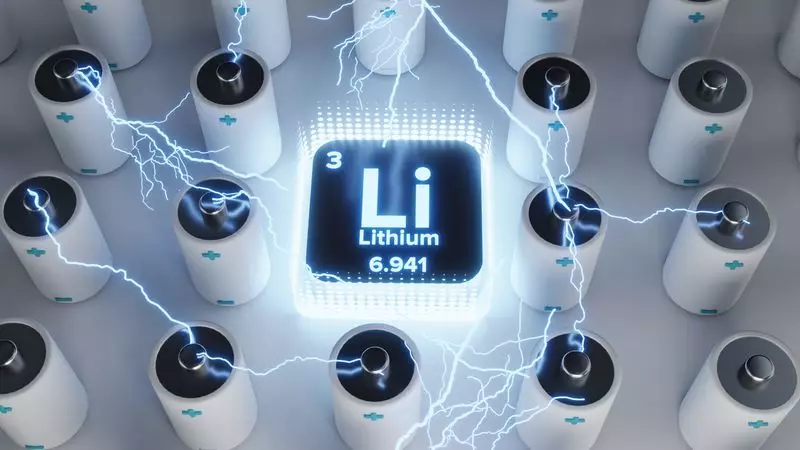
In a significant breakthrough that could transform energy storage solutions, Indian researchers have developed an innovative approach to creating highly efficient and environmentally friendly zinc-ion batteries. This pioneering research offers a promising alternative to conventional lithium-ion batteries, addressing both sustainability concerns and performance limitations.
Breakthrough in Battery Technology
The research team from the Indian Institute of Technology (IIT) Bhubaneswar, in collaboration with the Institute of Physics, Bhubaneswar, has successfully developed a novel cathode material that significantly enhances the performance of zinc-ion batteries. The study was published in the prestigious journal ACS Applied Energy Materials, marking a major milestone in energy storage research.
Led by Dr. Malay Kumar Rana, the research team focused on overcoming the limitations that have previously hindered the widespread adoption of zinc-ion batteries. Their innovative approach involves using a unique cathode material that enables superior energy storage capacity while maintaining stability and efficiency.
Technical Innovations and Advantages
The research demonstrates that zinc-ion batteries can now achieve performance metrics that make them competitive with, and in some aspects superior to, traditional lithium-ion batteries. Zinc offers several inherent advantages over lithium, including being more abundant, cost-effective, and environmentally benign.
Unlike lithium, which is relatively scarce and concentrated in specific geographical regions, zinc is widely available and easier to extract. This makes zinc-ion batteries particularly suitable for large-scale energy storage applications and for countries seeking to reduce their dependence on imported battery materials.
The newly developed cathode material addresses one of the critical challenges in zinc-ion battery technology: the dissolution of active materials during charging and discharging cycles. By creating a more stable cathode structure, the researchers have significantly improved the battery's lifespan and reliability.
Environmental and Economic Implications
This breakthrough comes at a crucial time when the world is actively seeking sustainable energy storage solutions. Lithium-ion batteries pose significant environmental concerns due to the mining practices involved in lithium extraction and the challenges associated with battery disposal and recycling.
Zinc-ion batteries, in contrast, offer a much greener alternative. Zinc is non-toxic and more easily recyclable, making these batteries an environmentally responsible choice. Additionally, the manufacturing process for zinc-ion batteries is less energy-intensive and potentially cheaper than that for lithium-ion batteries.
The research team emphasized that their development could have far-reaching implications for various sectors, including electric vehicles, grid storage systems, and portable electronics. The improved safety profile of zinc-ion batteries, which are less prone to thermal runaway and fire hazards, makes them particularly attractive for consumer applications.
Future Prospects and Applications
The successful development of this technology positions India as a significant player in the global energy storage market. With the country's ambitious renewable energy targets and growing electric vehicle industry, this innovation could support India's energy independence and sustainability goals.
Researchers are now working on scaling up the technology and optimizing the manufacturing processes to enable commercial production. The team is also exploring partnerships with industry players to bring this technology to market, potentially revolutionizing how we store and use energy.
This advancement in zinc-ion battery technology represents not just a scientific achievement but a practical solution to some of the most pressing challenges in energy storage. As the world transitions toward renewable energy sources, efficient and sustainable battery technologies will play an increasingly critical role in ensuring reliable power supply and reducing carbon emissions.
The research conducted by IIT Bhubaneswar and Institute of Physics demonstrates India's growing capability in cutting-edge scientific research and its commitment to developing solutions that address both local and global challenges in sustainable energy development.






